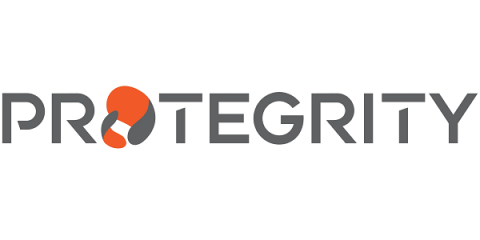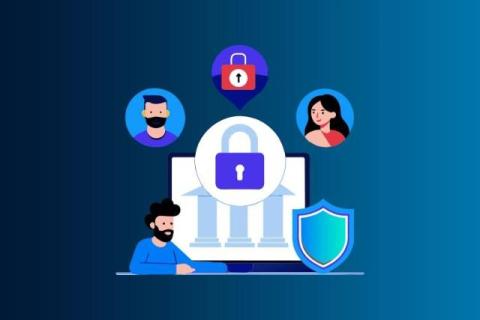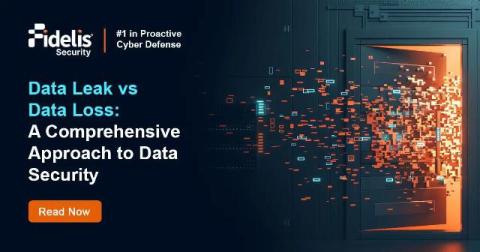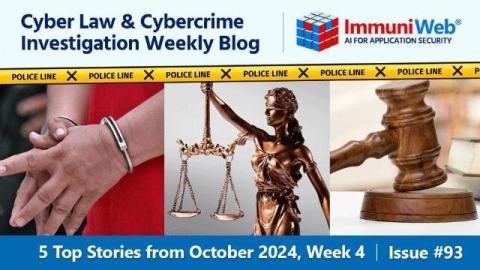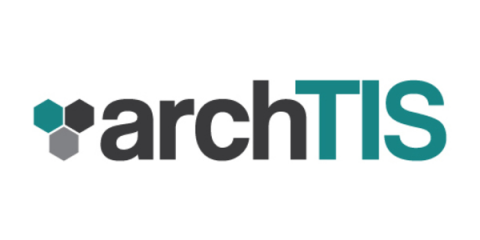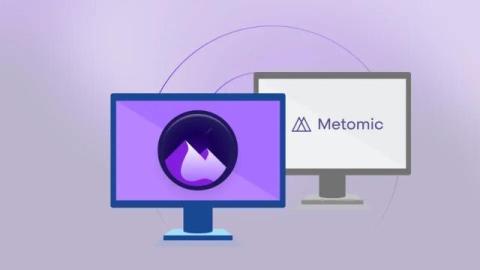Starting a Cybersecurity Compliance Program
Launching a successful cybersecurity compliance program requires careful planning, a dedicated team, and a commitment to achieving industry certifications. Protegrity’s platform streamlines this process by providing centralized data protection tools, ensuring that organizations meet security compliance standards while simplifying risk management and audit preparation.


